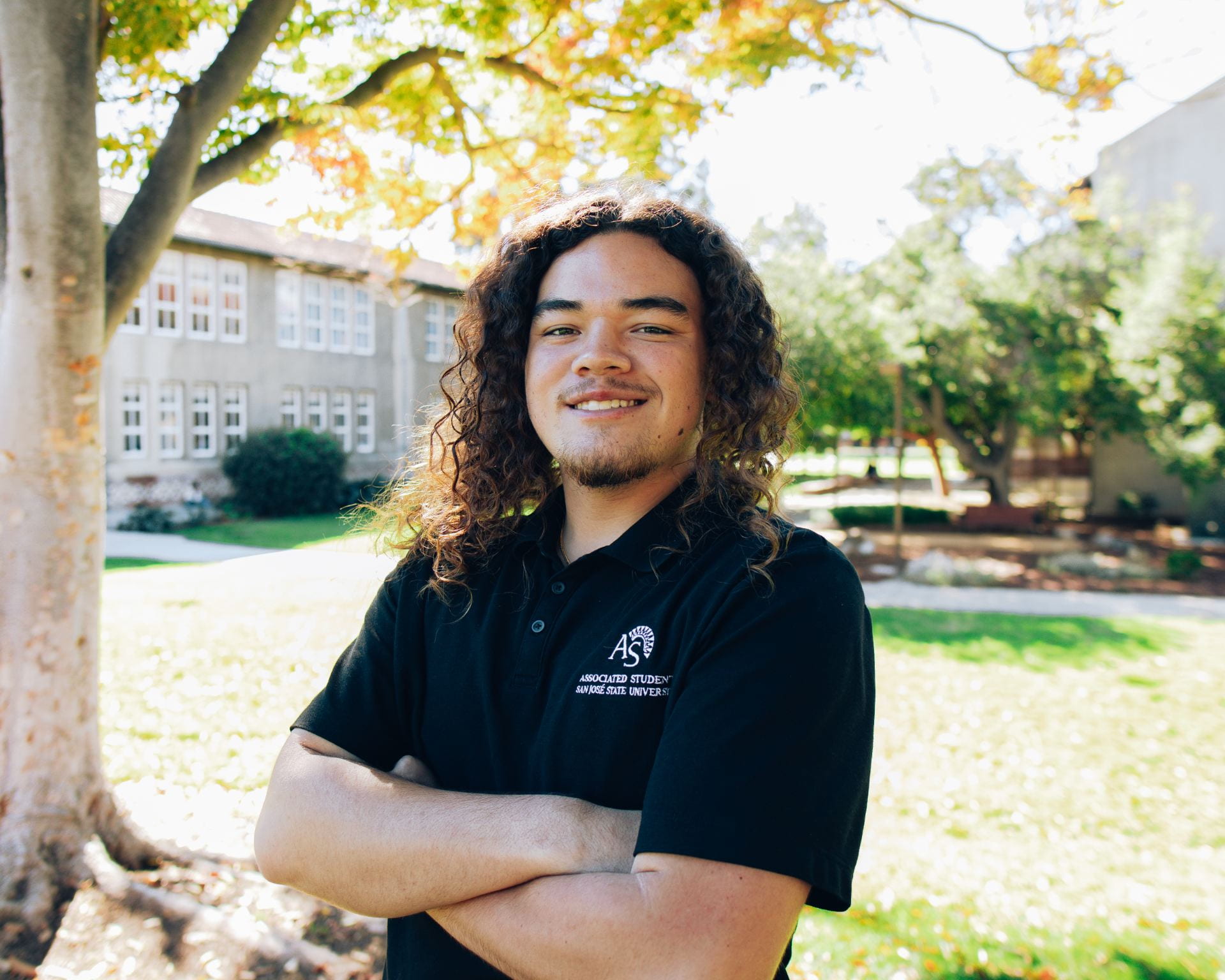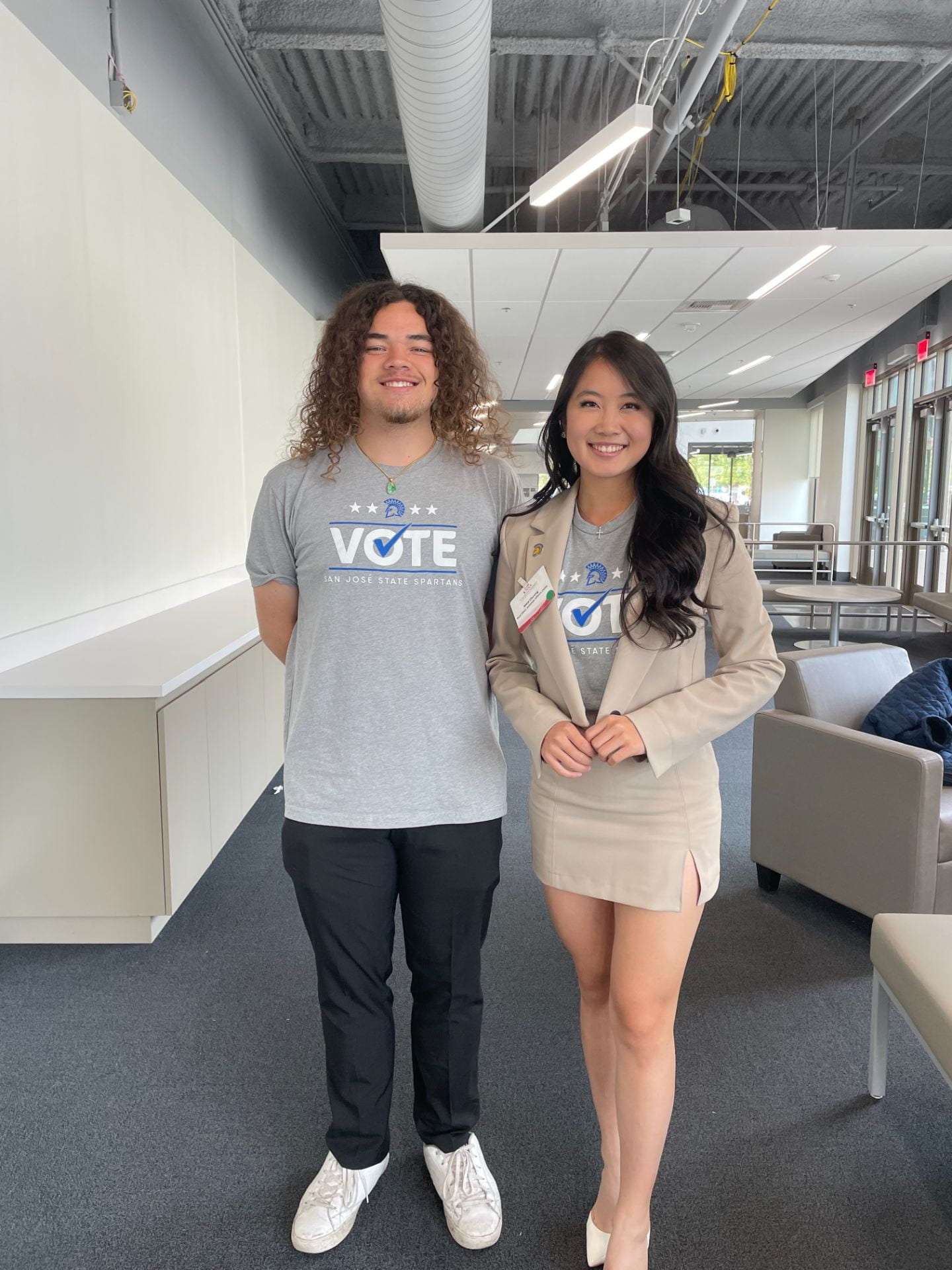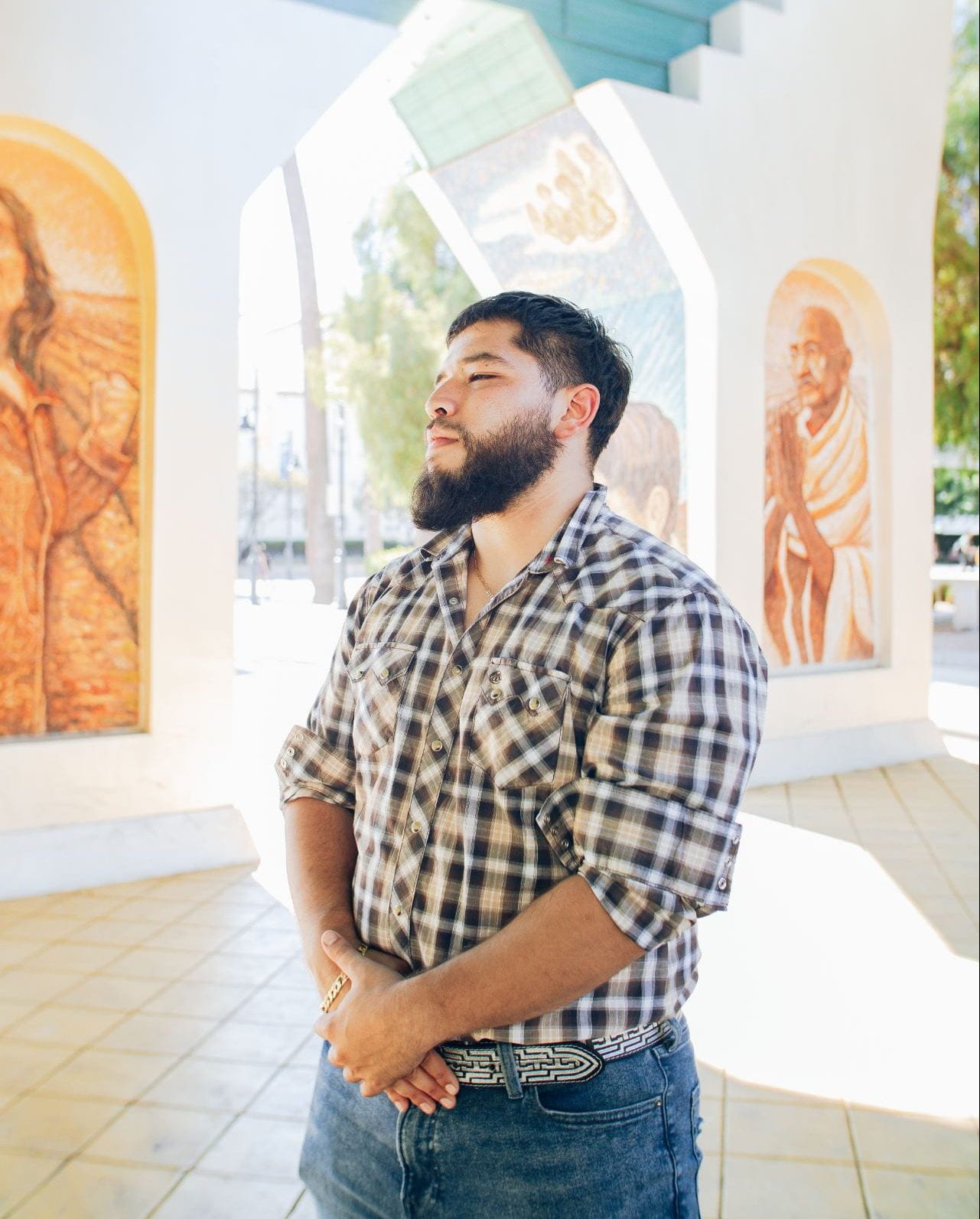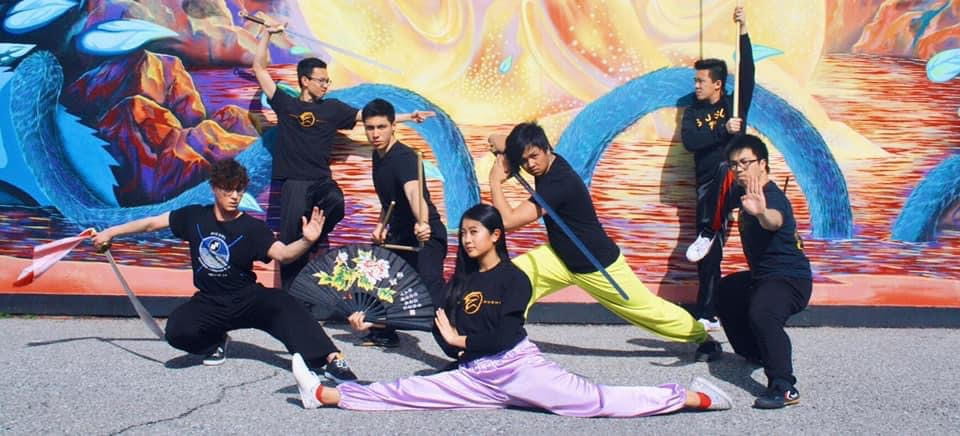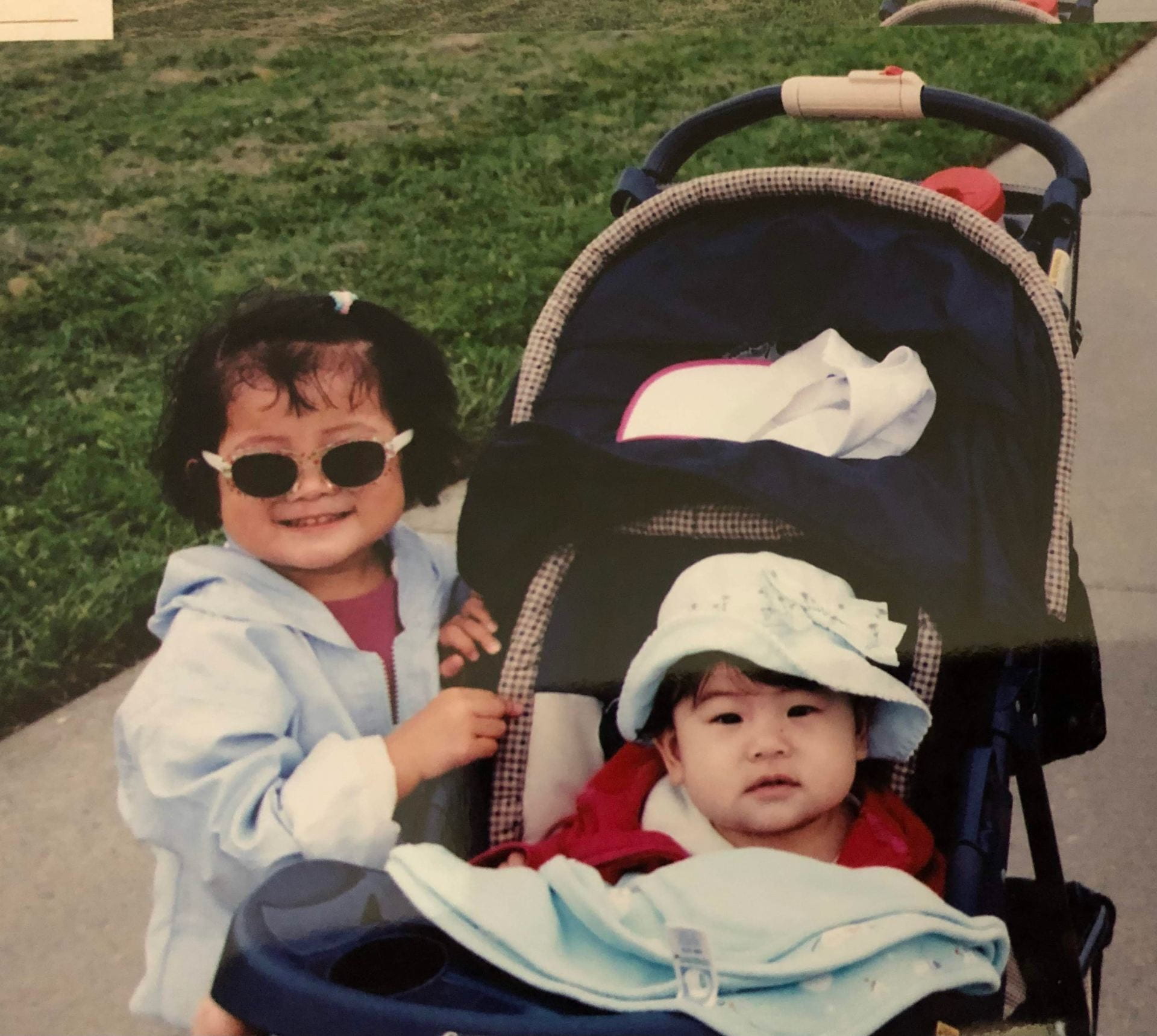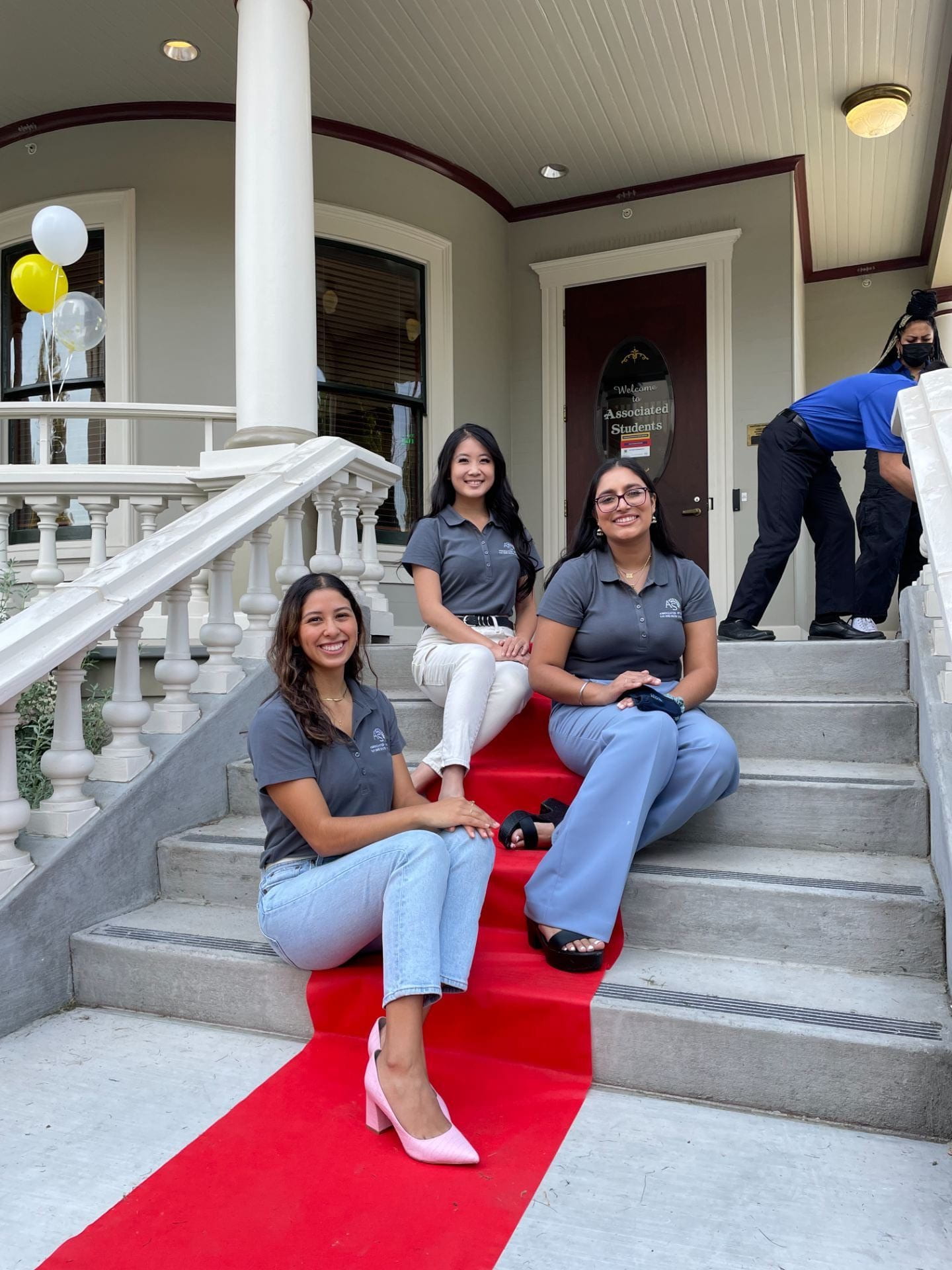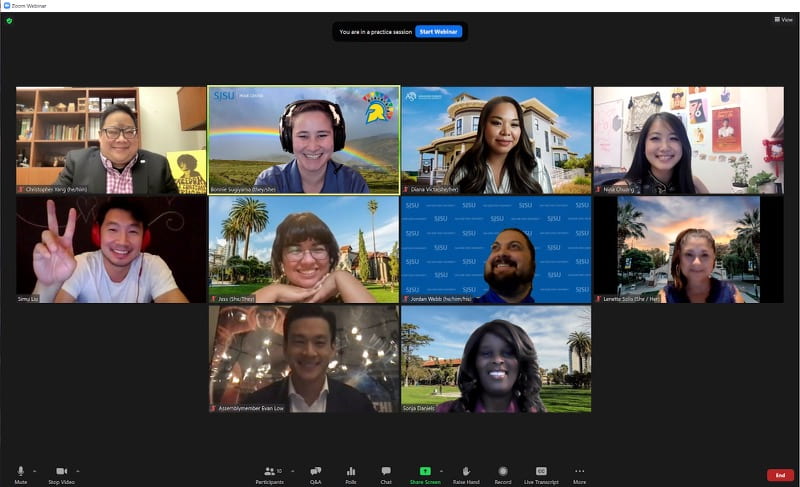Dominic Treseler is the A.S. Director of Legislative Affairs. In this Spartan Voice by A.S. Blog, Dominic shares his story on Active Citizenship, one of eight Core Values in the Associated Students Strategic Plan. Read more about our organization’s values in the A.S. Strategic Plan here.
Finding Your Reason
First off, I want to thank and congratulate everyone who voted in the recent midterm election. I was doing a lot of tabling trying to get people to vote in these elections. Something I often got asked by my friends and fellow students was “Why should I vote?” I totally get this. Oftentimes, we feel so disconnected from the process and think that our opinions and vote don’t matter that much. I’m not going to tell you it’s your “duty as a citizen” or that you can make a change on your own because I know you’re probably tired of hearing that. I do want to give you a few things to think about that you may not have thought of before when it comes to the power of your vote.
Politicians See Who Votes
While nobody knows how you voted on a particular topic, the information of who voted, a person’s name, age, and address is all something that is publicly available. Candidates for office use this information to decide which groups are the most important to cater to, because appeasing them is the only thing that matters in maintaining their power. No matter what community you are a part of, its influence in the political realm is directly tied to how they and how many vote, especially if they cannot influence these figures financially as wealthier people can.
To give an example that I’m sure we are all aware of, over the past several decades as students stopped voting, tuition started going up. This is in part because our representatives do not see a value in allocating a budget to our education. If we showed politicians that we really matter to their success in office, they will think twice when they decide to ignore allocating budget to things our university is severely lacking, like renovating our old buildings, providing robust health and basic needs services, and the overall cost of tuition.
Voting for Those Who Can’t
You don’t owe your vote to anybody but yourself but if you know someone who lives here but does not have the ability to vote, you may want to think about what that means to them. They have no real influence when it comes to how their communities are shaped and protected. For the same reason politicians ignore those who don’t vote, they especially ignore those who cannot vote. Undocumented people, Greencard holders, and people under the age of 18 are examples of some of the individuals that are heavily invested in issues that threaten their existence like education, basic needs, and the immigration process, yet cannot cast a vote. As they have no direct influence in choosing their leadership, they are very often ignored which has played a huge part in how large these issues have become.
Your Voice Does Matter
Okay I promised I wouldn’t do this one but I have something I think is important to say. Some of the most important elections that affect your life the most are the ones where your singular vote and your voice can have the most impact. The San Jose mayor’s race was decided by around 5,000 votes, this means that it wouldn’t have taken our entire student population of over 35,000 students to shift the result of that election. In our city council election for District 3, the one SJSU is in, the total voting population was 9,203 voters. If everyone that lived in campus housing voted, that would have made us the most important voting population in the whole election. Instead the candidates held only one event here because they saw so little value in the support of the student population. The Santa Clara Mayor’s race was decided by about 150 votes. I am willing to bet most of you have at least that many people you’re connected with on social media. I understand these are not all perfect examples; not all students that go to our university can vote and all your instagram followers don’t live in Santa Clara. I just want to express how large of an impact you and your voice can really have if you choose to exercise it.
In the End…
Something I learned from trying to remind students to vote these last few weeks is that it doesn’t work. Me trying to make people feel bad for not voting makes them want to vote less because I am taking something they already don’t care about and making it feel like a chore. Motivation for voting has to come from the self, not from me nor anyone else telling you that you should. I hope that in the future, you cast your vote for your community, your loved ones, and most importantly, for yourself.
